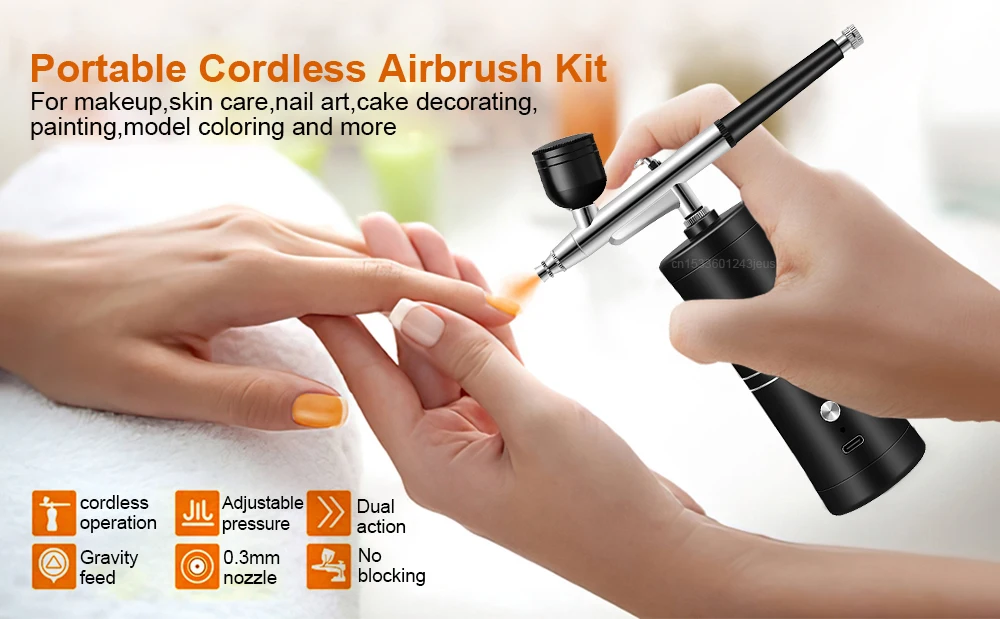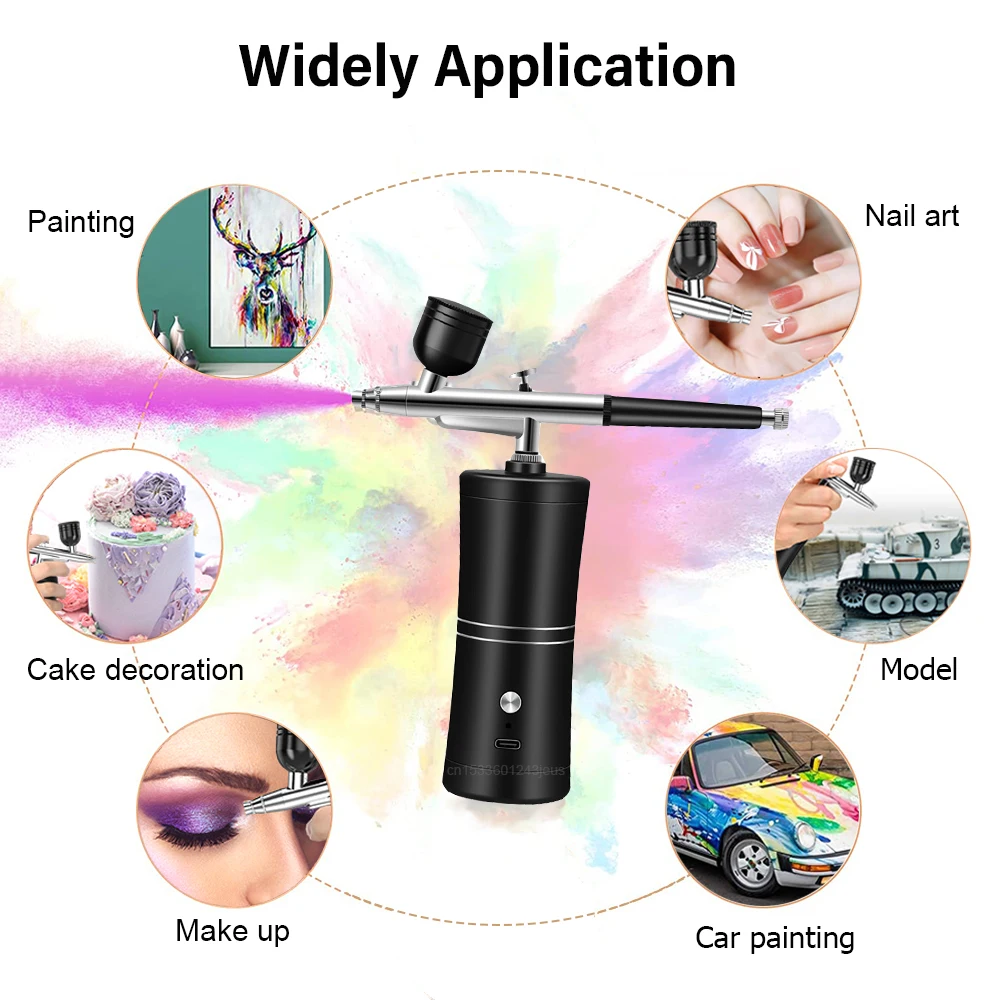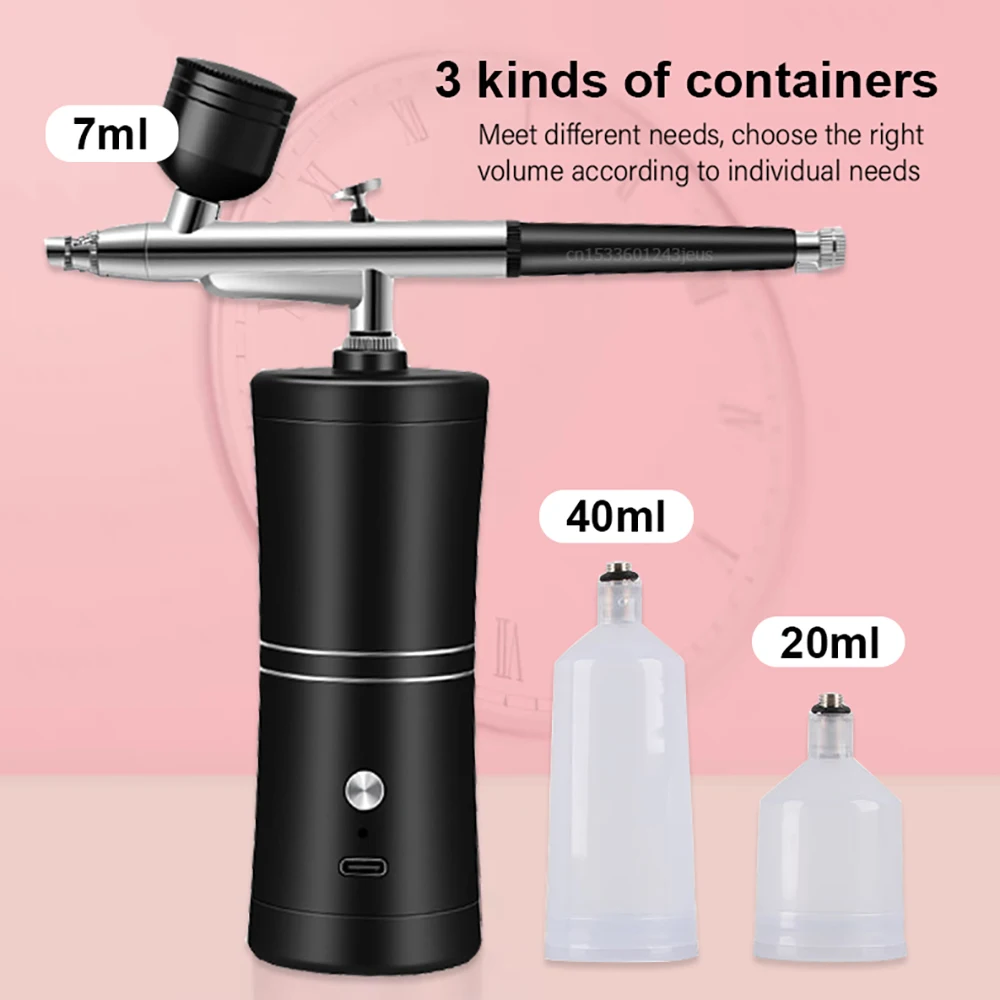The goods arrived super quickly and as described. Good quality product and function without problems
Excellent Product comes just like the picture
The goods arrived super quickly and as described. Good quality product and function without problems
Excellent Product comes just like the picture







































